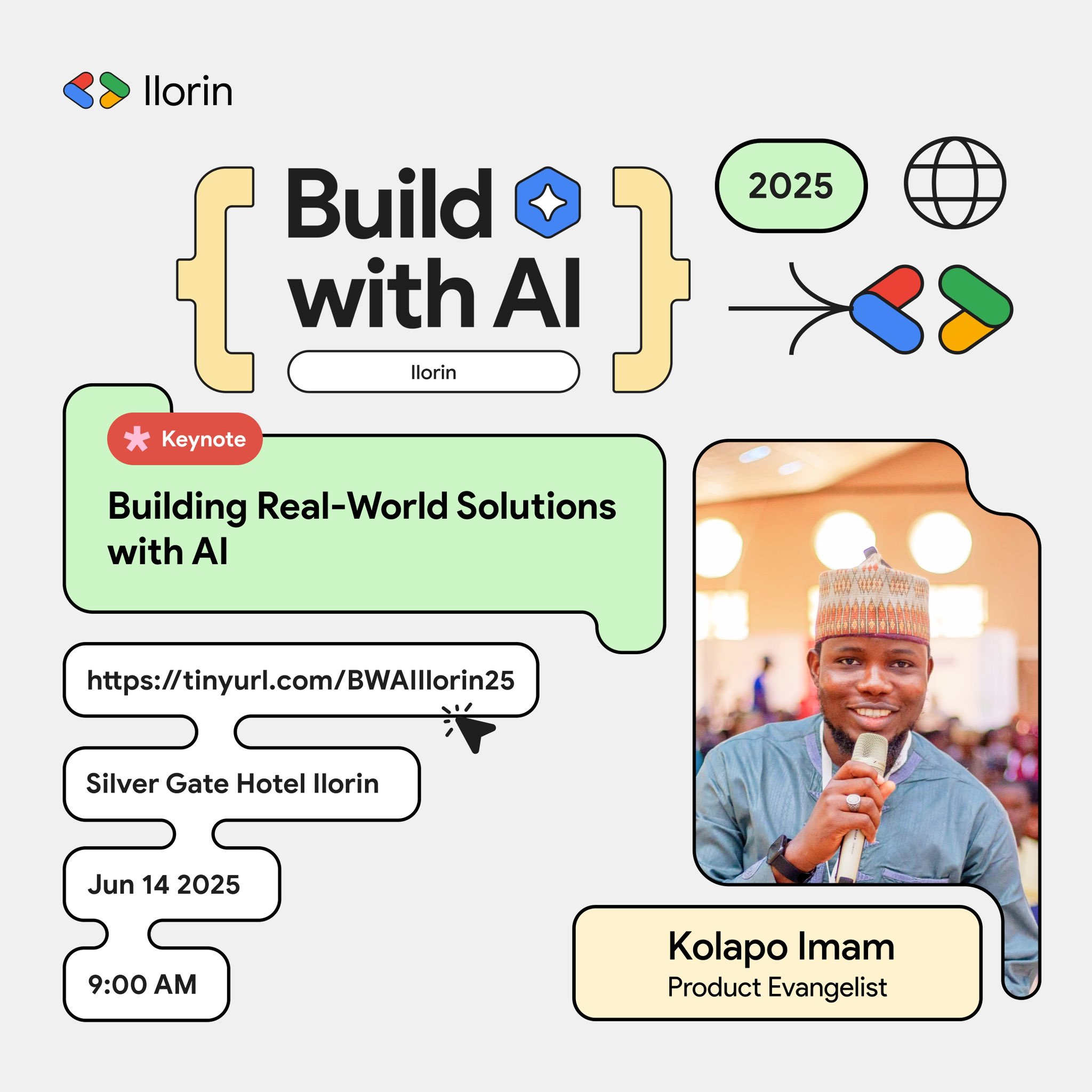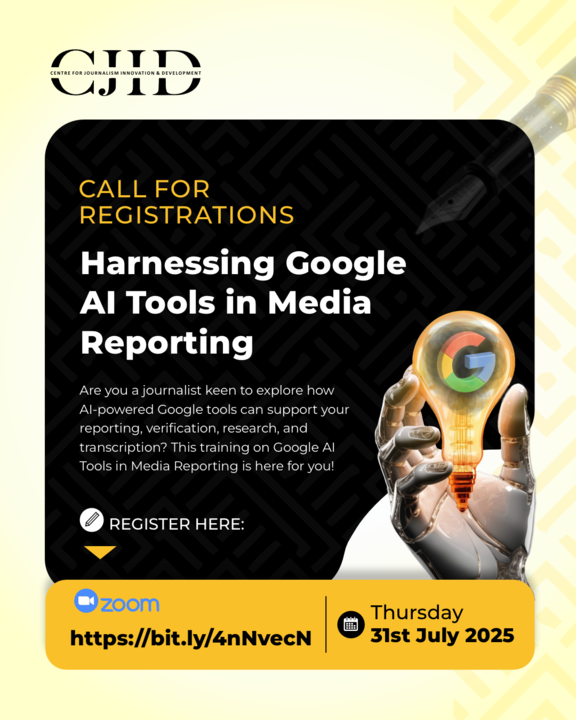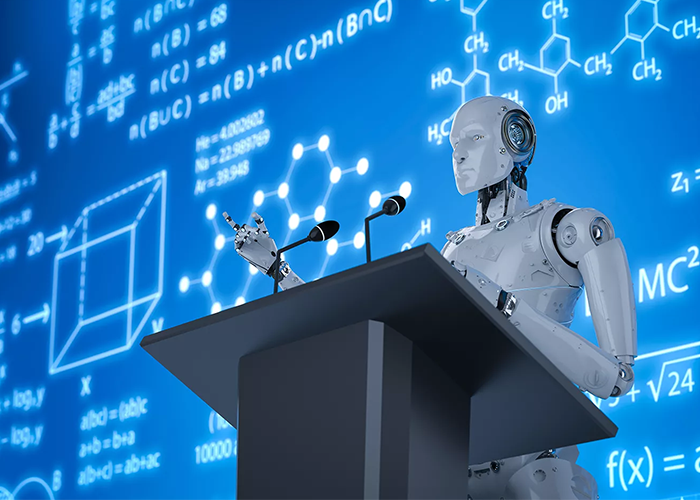A Continental Movement for Inclusive AI Development
The Deep Learning Indaba 2025, held in Kigali, Rwanda from August 17-22, 2025, stands as a powerful testament to Africa’s commitment to shaping its own AI future. Under the compelling theme “Urunana – Hand in Hand for AI in Africa,” this year’s event brought together over 1,000 participants at the University of Rwanda’s Kigali Campus, representing the largest gathering of Africa’s AI community to date.
Beyond Technology: A Grassroots Movement for Empowerment
What sets the Deep Learning Indaba apart from other AI conferences is its fundamental philosophy. Rather than simply being an annual event, it operates as a grassroots movement dedicated to ensuring Africans become active contributors and leaders in AI advancement, not just consumers of technology developed elsewhere. This mission resonates deeply with the broader goals of technological sovereignty and inclusive development across the continent.
The choice of “Urunana,” a Kinyarwanda word meaning “hand in hand,” reflects the collaborative spirit that defines this initiative. This theme emphasizes the collective effort needed to build an AI ecosystem that truly serves African communities and addresses local challenges with locally-developed solutions.
Strengthening Africa’s AI Ecosystem Through Inclusive Programming
The 2025 edition showcased several key initiatives designed to promote inclusive AI development:
Comprehensive Educational Framework
The six-day program featured an intensive schedule including a two-day Africa Research Symposium, deep-dive workshops, and extensive mentorship opportunities. This structure ensures knowledge transfer across different levels of expertise, from students to seasoned researchers.
Policy and Governance Focus
A flagship “AI Policy in Africa” panel brought together experts like Jane Munga from the Carnegie Endowment for International Peace, Vukosi Marivate from the University of Pretoria, and Virginia Dignum from Umea University. These discussions centered on developing ethical frameworks and governance structures that reflect African values and priorities.
Community-Driven Innovation
The DLI 2025 Community Challenge exemplified the event’s commitment to practical impact, bringing together AI communities from diverse fields including Natural Language Processing, Computer Vision, Quantum Computing, and Robotics to address real community challenges.
Local Languages and Cultural Integration
One of the most significant aspects of the Indaba’s approach to inclusive AI is its emphasis on local language preservation and integration. The workshops on Natural Language Processing specifically addressed the need for AI systems that can work effectively with African languages, moving beyond English-dominated models to create truly multilingual AI solutions.
This focus on linguistic diversity represents a crucial step toward ensuring that AI technologies serve all African communities, regardless of their primary language. By prioritizing local language capabilities, the Indaba is helping to prevent the digital divide that could emerge if AI systems only function effectively in colonial languages.
Building Sustainable Research Capacity
The event’s impact extends far beyond the annual gathering through its network of IndabaX local chapters operating in 47 African countries. These distributed chapters ensure that the learning and collaboration fostered at the main event continue year-round, creating a sustainable ecosystem for AI research and development across the continent.
The scholarship and sponsorship programs further demonstrate the commitment to inclusivity, actively ensuring representation from across the African continent through travel and accommodation support, mentorship programs, and community engagement initiatives.
Industry and Academic Collaboration
The 2025 event attracted significant industry participation, with over 90 startups showcased and support from major technology companies including Google DeepMind, Meta, Microsoft AI for Good Lab, and others. This blend of industry and academic participation creates opportunities for practical application of research while maintaining focus on community benefit rather than purely commercial interests.
Distinguished Voices and Global Recognition
The lineup of keynote speakers reflected the event’s commitment to bringing world-class expertise while maintaining its African focus. Featured speakers included Verena Rieser from Google DeepMind, Max Welling from the University of Amsterdam, Dina Machuve, co-founder of DevData Analytics, and Sanmi Koyejo from Stanford University.
Verena Rieser’s comments particularly captured the spirit of the event: “The promise of AI’s transformative power demands a collective vision. For AI to truly serve all of humanity, its alignment must be forged not just by a few, but by the rich tapestry of human experience and wisdom.”
Measuring Impact and Looking Forward
The success of previous editions provides a strong foundation for the 2025 event’s ambitious goals. The 2024 event in Dakar, Senegal, brought together over 700 participants, showcased 150+ posters and 62 papers, demonstrating the growing research capacity across the continent.
As Bruno Ssekiwere, Tejumade Afonja, and Pierrette Mahoro Mastel, the 2025 Indaba General Chairs, noted: “By prioritizing education, collaboration, and inclusivity, the Deep Learning Indaba has become a beacon of hope for Africa’s technological renaissance.”
Conclusion: A Model for Inclusive AI Development
The Deep Learning Indaba 2025 represents more than just a successful conference; it embodies a model for how AI development can be democratized and made truly inclusive. By centering African voices, prioritizing local languages, and focusing on community-driven solutions, the Indaba demonstrates that the future of AI need not be determined solely by major technology corporations in Silicon Valley or other traditional tech hubs.
The “Hand in Hand for AI in Africa” theme resonates beyond the conference itself, offering a blueprint for collaborative, inclusive technology development that other regions might well consider adopting. As AI continues to reshape economies and societies globally, the Deep Learning Indaba’s approach ensures that Africa will be a contributor to and beneficiary of these transformations, rather than merely a passive recipient of technologies developed elsewhere.
Through its commitment to grassroots organizing, educational excellence, and inclusive practices, the Deep Learning Indaba continues to strengthen Africa’s position in the global AI landscape while ensuring that the benefits of artificial intelligence reach all corners of the continent.




